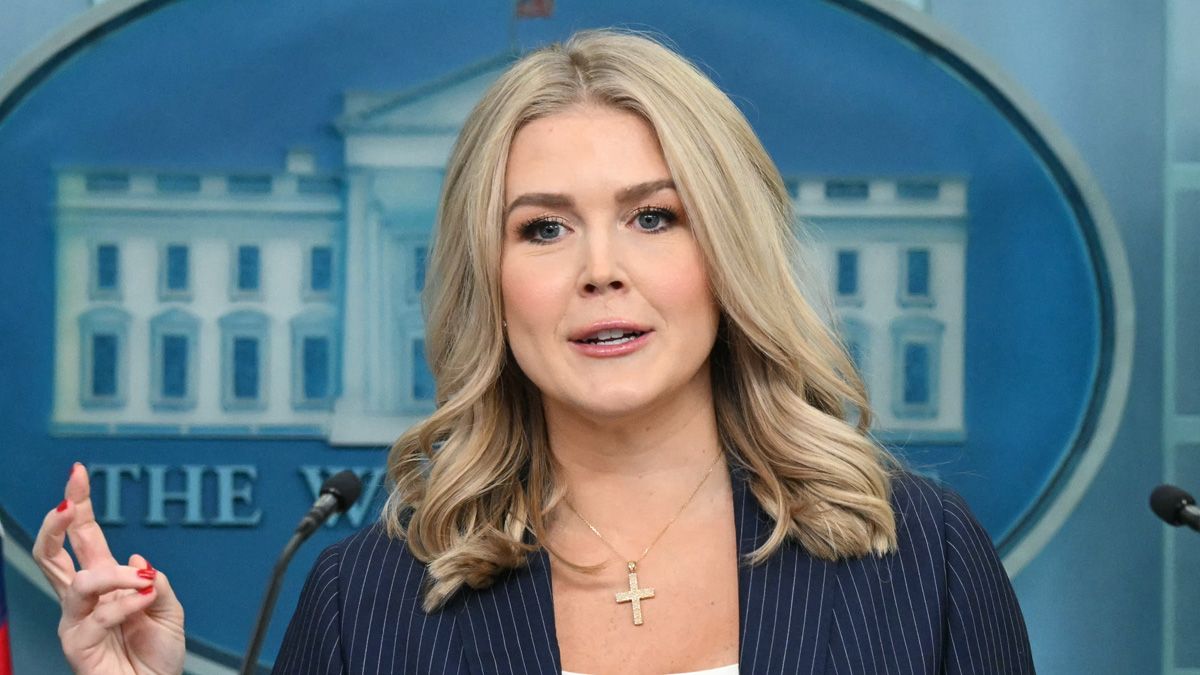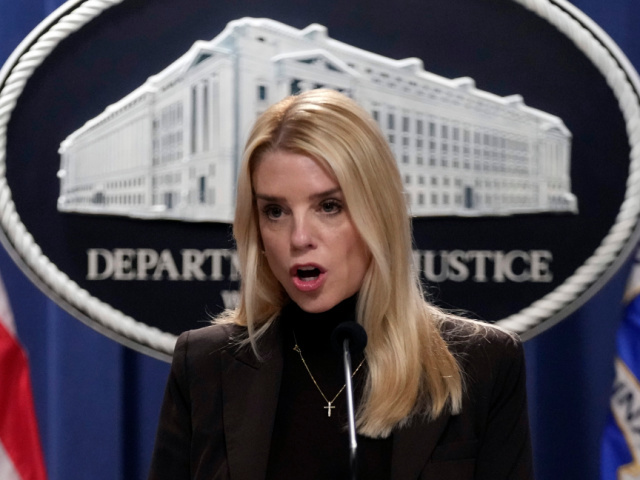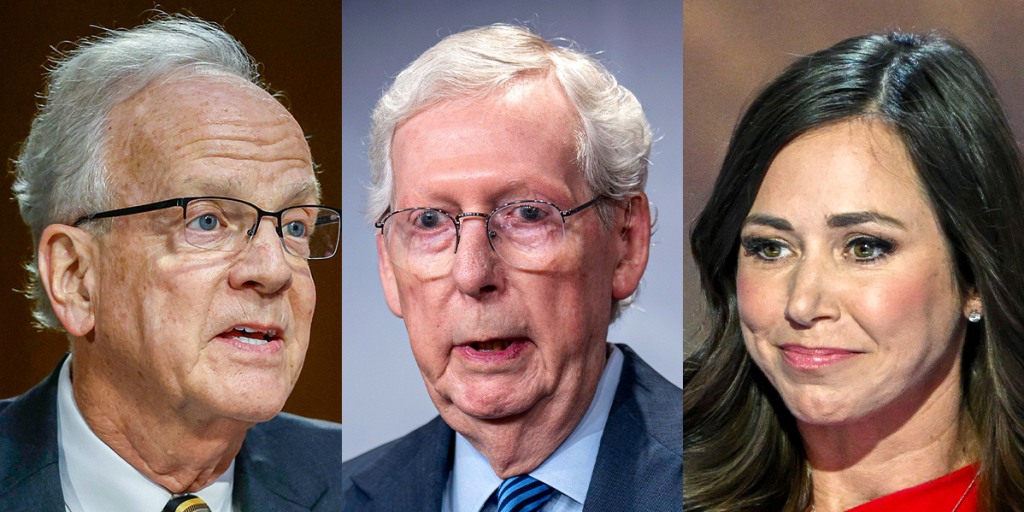White House Official Promotes False Claim About USAID Transgender Comic Book Funding

A White House official responded to Snopes with a document promoting a false claim that USAID funded a transgender comic book in Peru, which was disproven through various investigations.
A White House official responded to an email query from Snopes by sending a document promoting the false claim.
A rumor circulating online in February 2025 said the U.S. Agency for International Development (USAID) -- a foreign assistance government agency targeted for cuts or dismantling in the early weeks of U.S. President Donald Trump's second administration -- provided a grant of $32,000 to help fund a "transgender comic book" in Peru. Numerous Snopes readers emailed specifically about this specific rumor, each of them asking if it was true.
However, our investigation found the rumor was false, as we'll explain below.
We began receiving these inquiries in the days following the Trump administration's closure of the USAID offices in Washington and the shutting down of the agency's website -- actions leading to protests led by congressional Democrats outside of the agency's building. The closure followed Trump's signing of an executive order mandating a 90-day freeze on foreign development assistance, and several X posts in which the tech platform's owner, Elon Musk, Trump's appointed leader of the new Department of Government Efficiency (DOGE), described USAID as "a criminal organization," said "Time for it to die," and talked about "feeding USAID into the wood chipper."
The first prominent person to promote the "transgender comic book" claim was Florida Republican Rep. Brian Mast, the new chairman of the House Foreign Affairs Committee. Mast referenced the purported "transgender comic book" on the Fox Business Network TV show "Kudlow" on Jan. 22, then in a Daily Mail article on Jan. 28 -- a story that incorrectly referred to USAID as the "United States Department of International Aid." According to the Daily Mail, Mast said of the comic book, "And I heard it's reasonably risqué." He also called the material "an LGBTQ trans comic book" during an interview on the Feb. 2 episode of the Sunday morning CBS News TV show "Face the Nation."
The next day, Feb. 3, White House Press Secretary Karoline Leavitt repeated the "transgender comic book" claim in front of cameras and reporters situated outside the West Wing, as part of a list of supposed USAID-funded initiatives published on whitehouse.gov. Musk then promoted on X a video of Leavitt's remarks. In her comments, she praised Musk and said Trump had tasked him with investigating USAID "to get the fraud, waste and abuse out of our federal government."
We contacted Mast and the White House for comment, and provide details of that correspondence later in this article.
According to usaspending.gov, an official, open-to-the-public resource for tracking government spending, the Department of State's Diplomatic and Consular Programs -- not USAID -- provided a $32,000 grant in 2022 and 2023 that helped, either in part or in whole, to fund the second of three issues of a Peruvian comic book series about a band of superheroes, titled "El Poder de La Educación," or, "The Power of Education." The website's record for the grant read, "To cover expenses to produce a tailored-made comic, featuring an LGBTQ+ hero to address social and mental health issues." The U.S. Embassy in Peru presented the comic book series to promote a student cultural exchange program between the U.S. and Peru. None of the dialogue in the three issues featured anything about the inclusion of a transgender character.
The only direct reference to an LGBTQ+ character occurred in the award-winning second issue from 2022, which featured a male protagonist named Alex. In the issue, Alex, a superhero, helps calm people following an earthquake, spends time with his family, and saves a bullied boy from ending his own life. On the very last page with dialogue, following other pages containing hints about his gender identity, Alex reveals to his mother and father that he is gay, and introduces them to his boyfriend, Emiliano. Alex's father accepts the news and hugs Emiliano. His mother tells him, "Alex, this is hard for me. This is not the world I grew up in. But I love you. And I will try." The cover of the issue displays a drawing of people in a parade holding rainbow-colored flags, or pride flags.
David Lawrence, a writer and editor for the second issue, addressed the rumor in posts and a comment on Facebook, including positing the idea that the $32,000 grant possibly funded the first several issues, not just one. Lawrence said the Department of State -- not USAID -- provided the grant, and said of the two gay characters and the comic book series, "The content is so mild it's G rated. The hero was afraid to introduce his boyfriend to his mother. There are no transgender characters. Period." He also added, "If you think that even depicting a gay character is wrong, say that. But don't toss around 'trans' just because it's the popular target group of the day." Lawrence signed his comment as, "The writer of the nonexistent $32k Peruvian transgender comic."
In our email to the White House, we asked if they could show a document confirming USAID provided such a grant for a "transgender comic book" in Peru, and if they could point to an issue number and page number in which one or more transgender characters appear. Instead of providing evidence, a White House spokesperson responded by pointing to another Daily Mail article. That article provided no such evidence.
The spokesperson emailed us a list of purported "hoaxes" and "facts" that included the false claim that USAID funded not just one "transgender comic book," but multiple "transgender comic books," for Peru.
As for Mast, on Feb. 4, he posted a video on X on the topic of spreading misinformation, though it wasn't in reference to the comic books. During one small part of the clip, he said he obtained a copy of the material and only referred to it as an "LGBTQ-centered comic book," dropping his previous use of the word "transgender." He didn't acknowledge previously spreading misinformation about the comic book, nor has his office yet (as of this writing) responded to a request Snopes made on Feb. 11 that he point to a page displaying "reasonably risqué" material, as Daily Mail reported he had claimed.
All three issues of "El Poder de La Educación" are available for reading and download on the Scribd.com document-hosting website. A boy named Diego served as the protagonist in the first issue, which the U.S. Embassy in Peru released in 2021. The usaspending.gov website hosted a record for a grant of $24,990 from the Department of State to the same recipient as the second issue. That grant, possibly related to the same comic book series, mentioned nothing about LGBTQ+ heroes, seeing as the first issue featured no dialogue about characters discussing gender identity.
The character Alex headlined the second issue. The third issue, released in 2023, focused on a girl named Carmen. Various parts of the three issues featured content to encourage participation in the aforementioned U.S. cultural exchange program and to educate students on several topics, for example including about anti-bullying, equality, justice and community service.
All three issues credited the Florida-based studio Glass House Graphics for producing the comic book series for the U.S. Embassy in Peru. David Campiti, the studio's CEO, posted on Facebook on Jan. 31, 2025, "Each year for the past three years, Glass House Graphics has packaged/produced 'THE POWER OF EDUCATION' comic book for the American Embassy in Peru, tied to a scholarship program. We began work on #4 on Wednesday. Today the Trump administration cancelled the program because it is too 'woke.' 'In accordance with our new policies,' their notice stated, 'all programs have been paused, and future activities will need to align with the updated priorities.'
If they're going to lie about something this small, this simple, a comic promoting an educational program that happened to have a gay character in it because the embassy asked us to include one, because they wanted to show the drama of this kid coming out to his family, if they're going to lie about that and say it was a transgender thing so it had to be quashed, and it was really about an educational program to help children, to help students, then, I don't know what to say about it. That's just an awful thing, that they would turn something meant to help people, into something that they were trying to frame as awful.
In addition to Lawrence, the second issue credited Bruno Abdias as artist and Campiti as an editor.




















